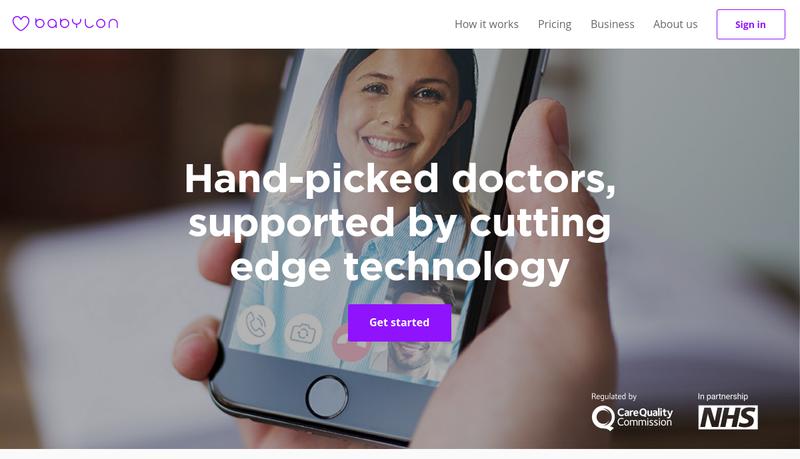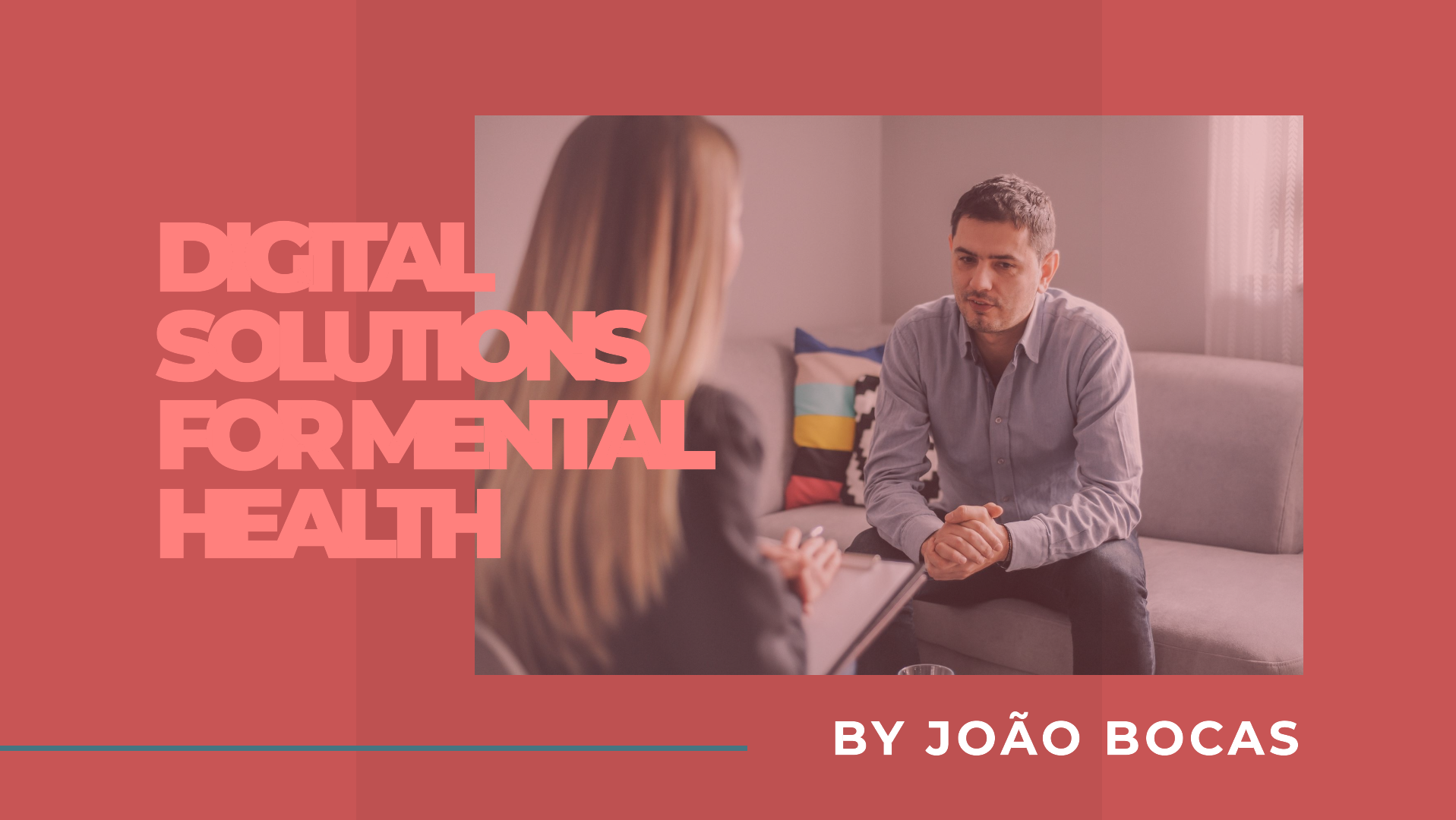Say Hello To Your AI Doctor. Technology has been moving fast, realizing dreams from virtual reality glasses to self-driving cars. Health technology however is a different story. Where humans have always dreamed big, fantasizing about better, longer-lasting bodies and more effective and less expensive healthcare, technology has lagged behind.
A various of reasons lies behind the slow adoption of innovative technology in healthcare. The healthcare sector is conservative and has always been slow moving when it comes to innovations and new techniques.
Moreover, biology technology is far more complicated to engineer and to ensure that the products are safe, which is key in health, they need to adhere to many rules. The price of patient safety therefore slows innovation.
However, do not worry.. The developments in the market, such as the ageing population and the increasing number of people with non-communal diseases, make that change is not only necessary but key to the survival of a sustainable healthcare system.
This creates more space for change, the digital revolution of healthcare is coming. We can expect a more personal, useful and cost-effective system, better than we have ever seen before and it will help us to manage our health and prevent rather than cure.
Besides the developments in the market the large investments are key drivers causing healthcare to innovate. For seven consecutive years equity funding to private digital-health start-ups has been growing, already reaching 6.1 billion dollars last year. A large sum of that money has been directed to the development of products that target consumers via their mobile phone.
Mobile applications helping people to schedule appointments and find doctors were the beginning. Now producers are moreover developing apps which offer direct access to doctors or therapist via video calls or text messages, name Babylon Health in the UK for example and Min Doktor in Sweden or a digital health startup based on London, DocNoc, for connecting with doctors through a medium of your choice.
The number of people using these remote medicine options is growing fast. Following a large healthcare organisation in America, Kaiser Permanente, 2016 was already the first year where half of the patient doctor interactions were virtual!
Britain’s Babylon Health, and increasingly more companies, take these virtual interactions to another level. Mobile applications that can answer medical queries and offers its users a dashboard where they can find their health statistics drawn from their phone and other devices which can be connected to it.
Think about measuring your heartbeat by putting your finger on your camera for 30 seconds and home blood test devices delivering information on once cholesterol level and kidney or liver function for example. The application lets you know whether the results are as need be and recommends you to see your doctor if they are not. Of course this information can then directly be sent to your doctor and without going out the door you can have your virtual interaction.
This makes that number of wearable devices you can connect to your phone is growing fast. From watches and headbands measuring (brain) activity and sleep to sweat sensors measuring vital signs, connected spirometer and smart contact lenses that track the progression of glaucoma in patients. Increasingly these devices are medically useful and get clinically validated. “Last year the US Food and Drug Administration (FDA) approved 36 connected health apps and devices”-(Natasha Loder, 2017).
With all this information gained through these devices we will not only be able to monitor our health and take direct action when needed. It will enable us to prevent and gain even clearer insight into causes and symptoms.
At Babylon Health, the option of having medical queries answered through the app contains a clinically driven AI algorithm which enables the chatbot to decide whether a query is serious and needs human intervention or can be answered through the information provided in its database. Currently this approach is being tested on patients within the NHS.
Ultimately the idea is that AI will diagnose and give advice on many of the conditions that otherwise would be solved by the GP. Parsa, Babylons Boss stays that “the work they are doing is like IBM’s attempts to beat Gary Kasparov, the world’s best chess player, 20 years ago. “It is not done, until it is done,” he says. In other words, its AI will be a failure until the moment of success, which could come, he claims, as soon as this year.” -(Natasha Loder, 2017).
Imagine the change it would bring if this would come true… Currently there is a global shortage of 7.2 million healthcare worker. Due to the ageing population and the increases in non-communal diseases this figure will be doubled by 2035. Having an AI doctor helping even a handful of common conditions would make this shortage far less of a problem and decrease cost significantly. Sooo… be aware, you will be saying “aaah” to your mobile phone screen far sooner than you think!





